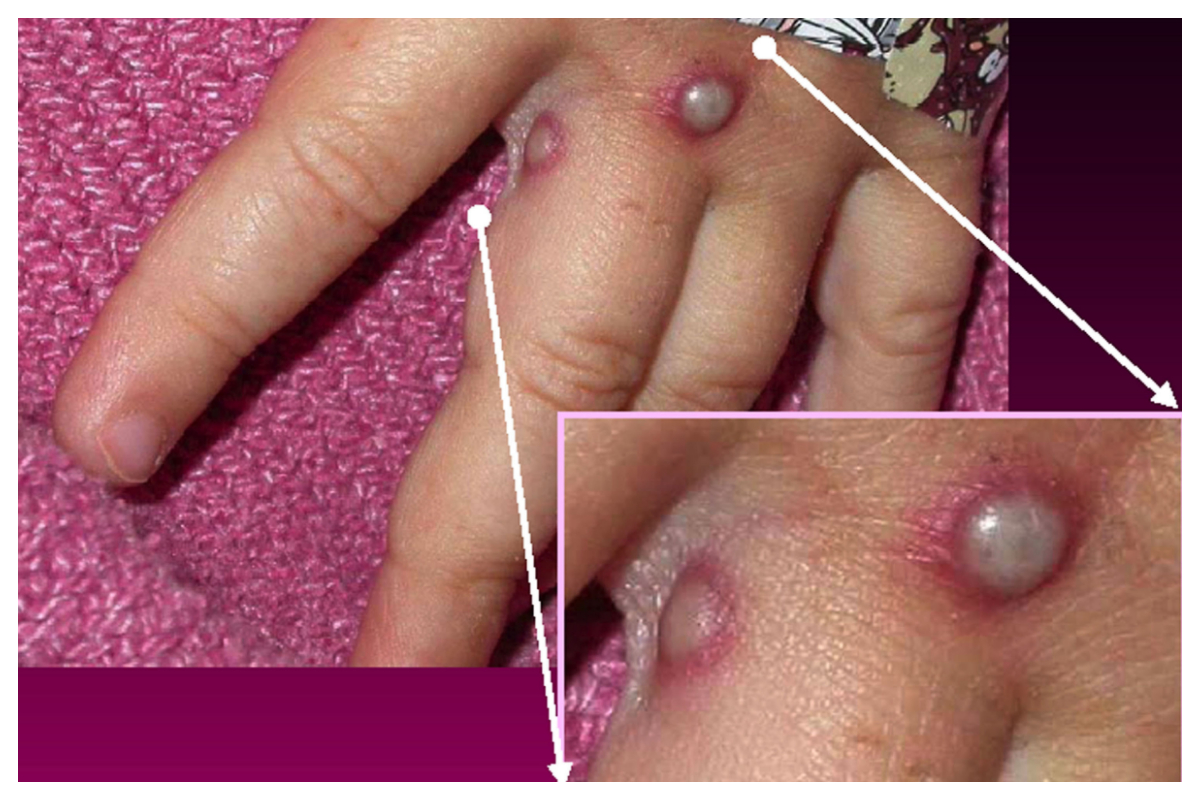Despite spreading to numerous countries, the World Health Organization declared on Saturday that monkeypox is not yet a global health emergency.
However, according to CNBC, WHO Director General Tedros Adhanom Ghebreyesus warned that monkeypox was changing quickly and urged governments all around the world to step up monitoring, contact tracing, and testing. Additionally, he exhorted world leaders to make sure that those who are most at risk had access to vaccines and antiviral medications.
The WHO has stated that at this moment, widespread immunisation is not advised to eradicate monkeypox. In response to an increase in cases, the US is providing vaccines to those who are most at risk of contracting the disease and has dispatched doses to New York.
According to the city’s Health Department, 87 individuals in New York have tested positive as of Friday, up from 78 individuals on Thursday.
The WHO convened on an urgent basis to assess the threat posed by monkeypox. According to WHO data, more than 50 nations have reported at least 3,000 cases of monkeypox since early May.
According to the Centers for Disease Control and Prevention, 460 cases of monkeypox have been reported in the US throughout 32 states and Washington, DC.
The prospect that the WHO emergency committee might activate the highest alert level for the organisation, comparable to the one started by COVID-19, was at risk.
According to Tedros, the epidemic is concerning since it is fast moving outside of the isolated regions of West and Central Africa where it is often seen. It is unusual that 84 percent of the cases in the current outbreak that have been recorded globally are in Europe.
“What makes the current outbreak especially concerning is the rapid, ongoing spread into new countries and regions and the risk of further, sustained transmission into vulnerable populations including people who are immunocompromised, pregnant women, and children,” said Tedros in a statement on Saturday.
Monkeypox normally spreads from an infected animal to a human host, thus it is unclear how and why it has appeared and spread across continents.
In the past, the majority of cases have originated from West and Central Africa after contact with an infected animal, primarily rodents but occasionally non-human primates as well, according to scientists.
Close physical contact with an infected person or contaminated items like shared clothing or bedsheets are the main ways that monkeypox spreads. If the ill person has lesions in their mouth or throat, the virus may be transmitted through respiratory droplets. However, monkeypox, unlike Covid-19, is not thought to transmit through aerosol particles, necessitating prolonged face-to-face contact. According to the WHO, the monkey outbreak is mostly affecting gay and bisexual men who reported having intercourse with new or many partners.
The illness frequently starts off with flu-like symptoms such fever, headache, body aches, chills, tiredness, and swollen lymph nodes. The body then develops a rash or blisters that resemble pimples. When they have the rash, people are the most contagious.
According to the CDC, there are no particular therapies for monkeypox, although antiviral medications and vaccines created to combat smallpox can treat and prevent infections.




















